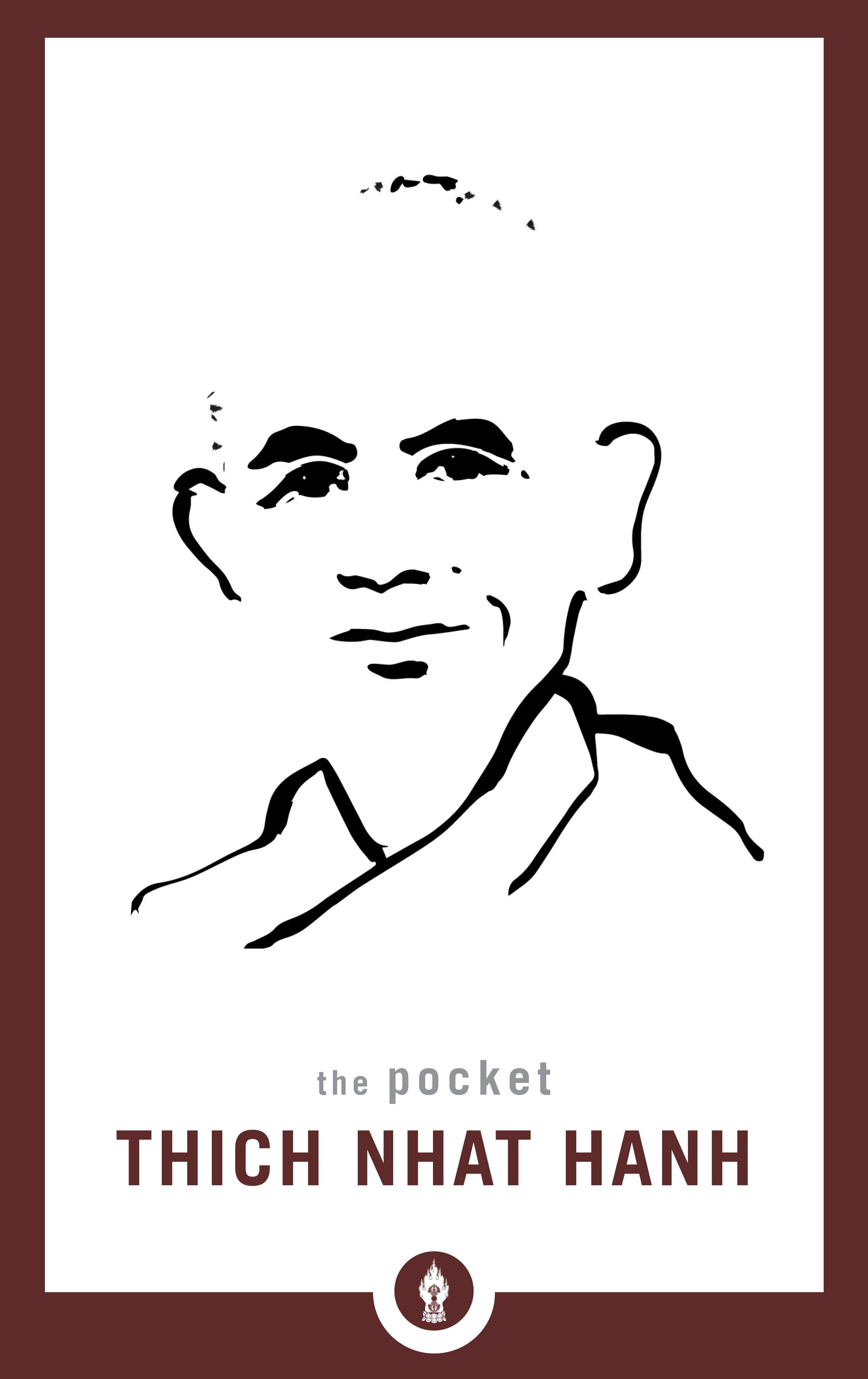

One fact I have learned about life through the empiricism of living: When we are hurt in a relationship, when we are spinning in the blooming buzzing confusion of sensemaking, the explanation we elect as correct usually has more to do with our own fears and vulnerabilities than it does with the reality of the situation almost always, that explanation is wrong almost always, the true explanation has more to do with the fears and vulnerabilities roiling in the other person invisibly to us.

It helps to remember that between our feelings and anything in the external world that causes the ripples of consciousness we call feelings - any difficult situation, any painful event, any hurtful action of another - there lie myriad possible causal explanations. The explanatory contexts in which this tendency manifests today may be different, but it manifests just the same - especially in our interpersonal relationships, where so much of the correct frame of reference that is the other person’s inner reality is invisible to us.

How humbling to consider that what is cognitively true of our ancestors - who, lacking a knowledge of astronomy as the correct frame of reference for planetary motion, explained eclipses as acts of god and comets as omens of ill fortune - is as true of us. One fact that never fails to astound me: Despite the immense cultural changes and leaps in knowledge over the epochs, the human brain - that crucible of consciousness, roiling with the psychologies that govern the behaviors we call human nature - has remained virtually unchanged for the past hundred thousand years.


 0 kommentar(er)
0 kommentar(er)
